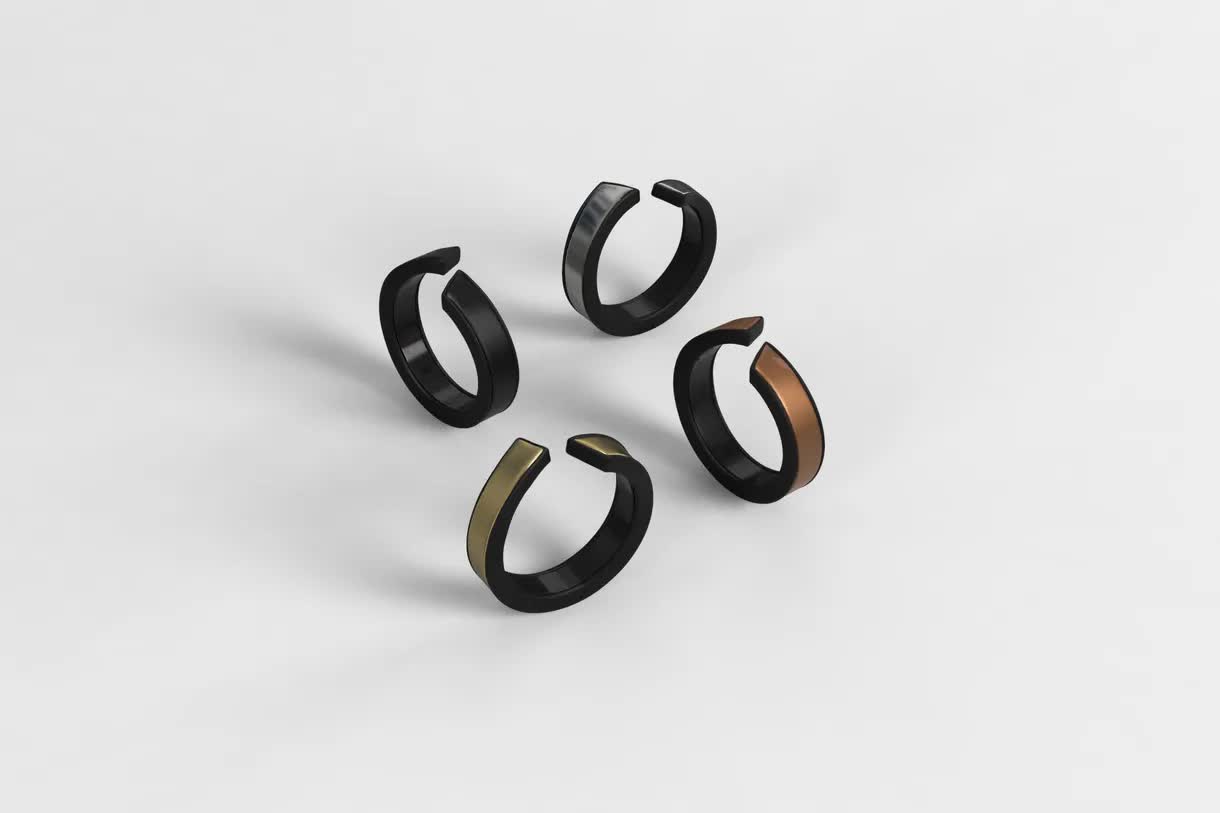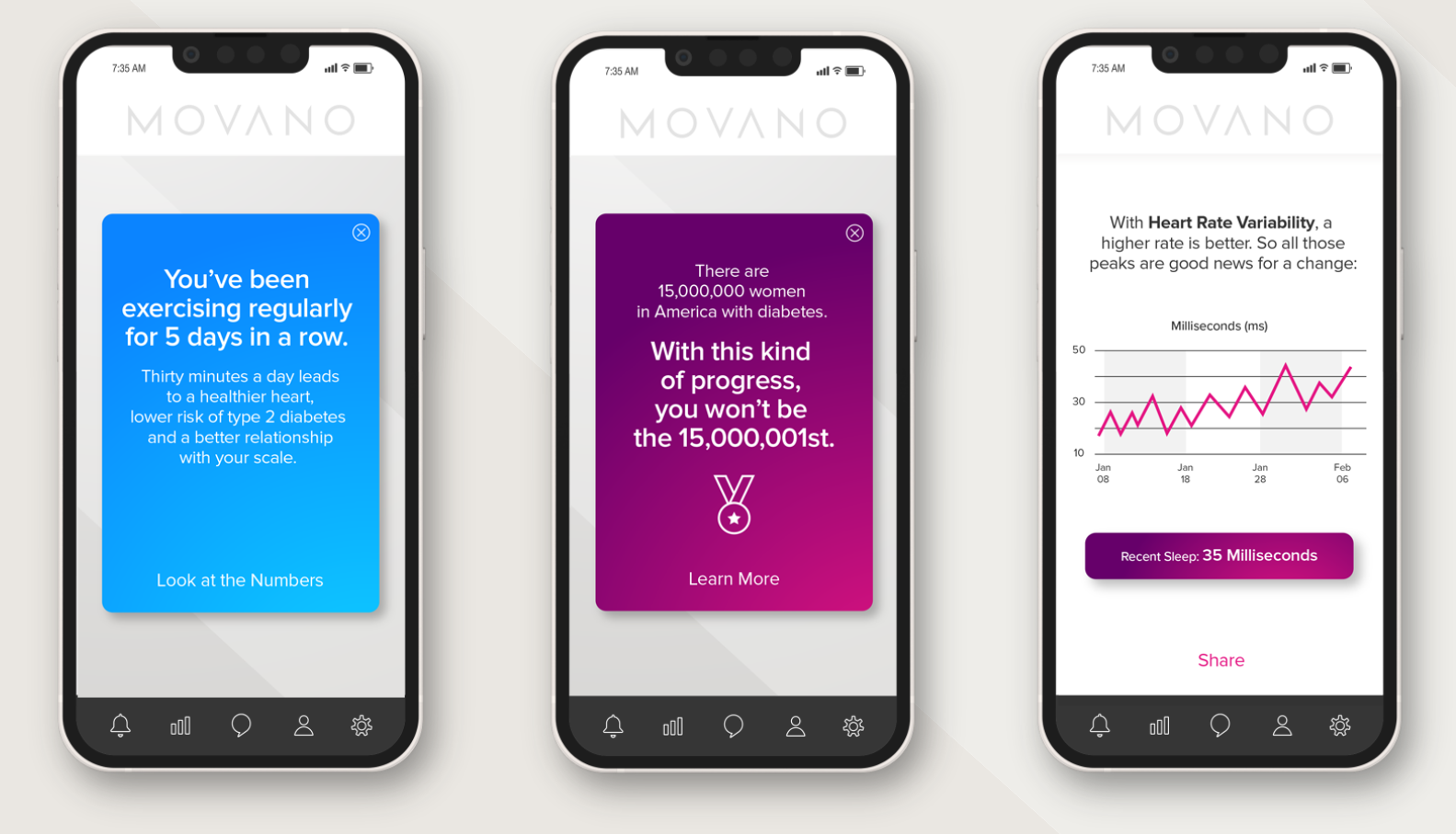Forward-looking: CES may be looking a bit shaky right now, given how many companies are pulling out, but that’s not stopped others from confirming products that will be on show at the event. One of these is health firm Movano, whose first product, the Movano Ring, will debut at CES 2022.

As you’ve no doubt guessed, the Movano Ring is a health-focused wearable designed to compete with the $300 Oura ring. However, the company emphasizes that it will be one of the "most affordable health devices," so it’ll presumably be cheaper than its rival.
The ring will measure a slew of health data: heart rate, heart rate variability (HRV), sleep, respiration, temperature, blood oxygen levels, steps, and calories burned. Rather than just presenting the information as a list of stats, Movano’s app shows how it relates to a wearer’s overall health. The example shows how users lower their chances of developing type 2 diabetes after exercising five days in a row.
Movano is also carrying out trials using radio frequency technology in the hope that the ring could eventually monitor blood pressure and even blood glucose levels. A non-invasive method of measuring the latter would undoubtedly be welcomed by the millions of type 1, 2, and 3c diabetics who wear a constant glucose monitor (CGM), which measures levels via a needle permanently inserted in the body—they can be uncomfortable, very expensive, and easily knocked off.
Apple and Samsung are long rumored to be working on similar glucose monitoring tech for their respective future smartwatches, but the concern with a non-invasive method is that it won’t be as accurate as measurements using blood or interstitial fluid. Precise readings are essential for people with diabetes to avoid hypoglycemia (low blood glucose) and hyperglycemia (high blood glucose).

Movano CEO Dr. John Mastrototaro, who was involved in developing the first CGM, says the ring was designed with women in mind; it’s smaller and sleeker than the Oura ring. He adds that although the Movano Ring won’t have FDA clearances, the aim is to eventually get Class II designation, writes The Verge.
The Movano Ring arrives in beta form in the second half of 2022. “We’re aiming for both a medical and consumer focus — the intersection of these two fields as opposed to one or the other. We want to have the look, feel, and affordability of a consumer device with the accuracy and reliability of a medical device,” says Mastrototaro.
https://www.techspot.com/news/92754-movano-upcoming-health-ring-could-eventually-offer-non.html
